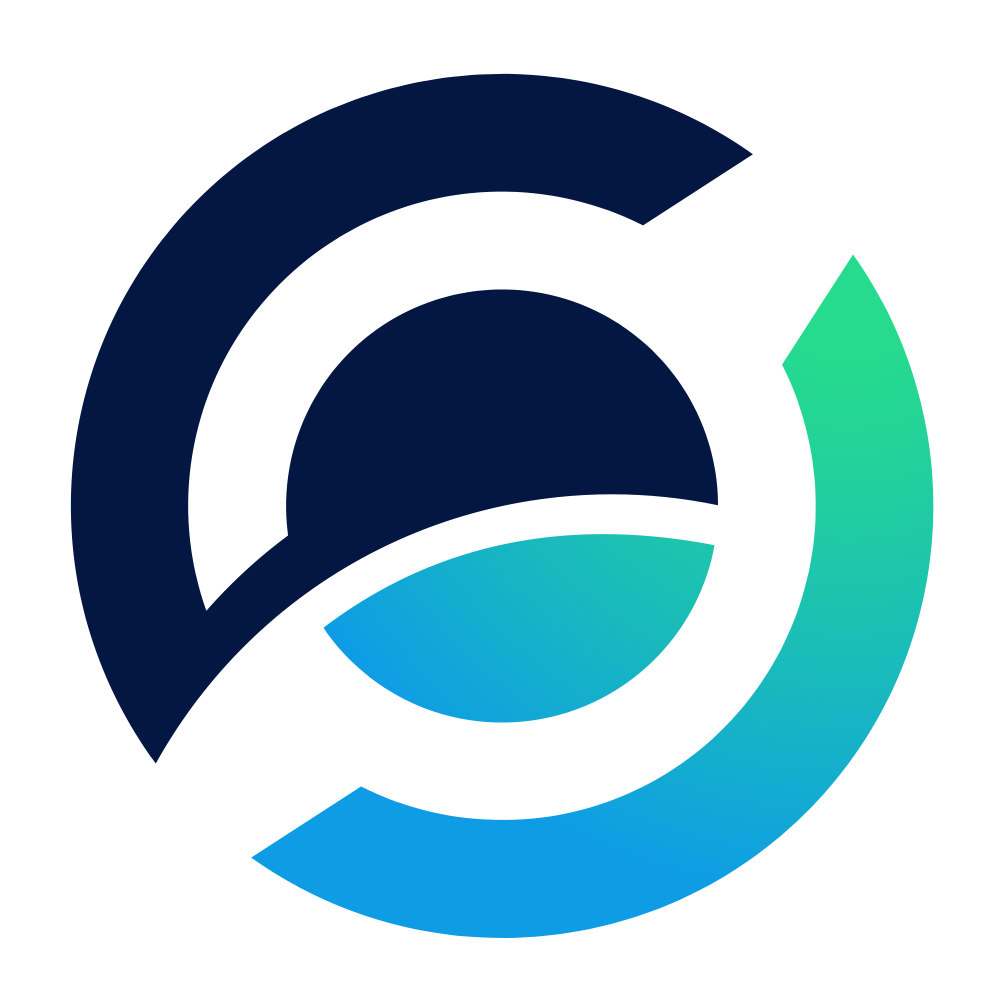-
 Bitcoin
Bitcoin
$97,498.3291
0.23% -
 Ethereum
Ethereum
$3,481.5033
2.55% -
 Tether USDt
Tether USDt
$0.9994
0.02% -
 XRP
XRP
$2.3084
0.13% -
 BNB
BNB
$685.1935
1.79% -
 Solana
Solana
$196.4437
0.81% -
 Dogecoin
Dogecoin
$0.3284
2.59% -
 USDC
USDC
$1.0000
0.00% -
 Cardano
Cardano
$0.9561
6.08% -
 TRON
TRON
$0.2496
-1.08% -
 Avalanche
Avalanche
$40.3256
2.34% -
 Chainlink
Chainlink
$23.5998
2.57% -
 Toncoin
Toncoin
$5.5281
4.49% -
 Sui
Sui
$4.7111
16.42% -
 Shiba Inu
Shiba Inu
$0.0000
3.11% -
 Stellar
Stellar
$0.3752
-0.42% -
 Polkadot
Polkadot
$7.4076
4.35% -
 Hedera
Hedera
$0.2722
-3.51% -
 Hyperliquid
Hyperliquid
$33.5227
34.54% -
 Bitcoin Cash
Bitcoin Cash
$457.6326
2.90% -
 UNUS SED LEO
UNUS SED LEO
$9.2960
2.25% -
 Uniswap
Uniswap
$14.1274
8.54% -
 Litecoin
Litecoin
$103.5076
2.32% -
 Pepe
Pepe
$0.0000
6.55% -
 NEAR Protocol
NEAR Protocol
$5.4235
2.89% -
 Bitget Token
Bitget Token
$4.4875
3.72% -
 Ethena USDe
Ethena USDe
$0.9996
0.10% -
 Aptos
Aptos
$10.3592
-10.92% -
 Dai
Dai
$0.9999
0.03% -
 Internet Computer
Internet Computer
$10.6950
2.30%
How to import SOL coins into a wallet? Which SOL coin wallet is the best?
To securely store and manage SOL coins, consider popular wallets like Phantom, Slope, Exodus, Solflare, and Ledger Nano X, each offering unique features and security levels.
Oct 05, 2024 at 07:12 am
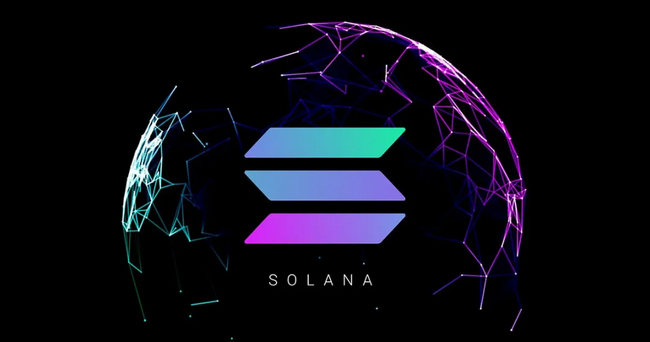
1. How to Import SOL Coins into a Wallet
Step 1: Choose a Solana Wallet
- Phantom: A popular web wallet known for its ease of use and integration with Solana dApps.
- Slope: A mobile-based wallet with support for multiple cryptocurrencies, including SOL.
- Exodus: A desktop and mobile wallet that supports SOL along with other digital assets.
- Solflare: An open-source wallet available as a web extension, mobile app, and desktop application.
- Ledger Nano X: A hardware wallet that offers secure offline storage for your SOL coins.
Step 2: Create a Wallet Account
After choosing a wallet, follow the instructions to create an account. You will usually need to provide basic information such as your name, email address, and a strong password.
Step 3: Receive Your SOL
Once your wallet is set up, you will receive a unique wallet address. Provide this address to the sender of your SOL coins so they can transfer the funds.
Step 4: Import the SOL
Some wallets, like Phantom, automatically detect and import SOL sent to your address. For other wallets, you may need to manually import the SOL by providing your secret recovery phrase or private key.
2. Best SOL Coin Wallets
1. Phantom: Best Overall
- Easy to use and intuitive interface
- Integrates seamlessly with Solana dApps
- Supports staking and other DeFi features
2. Slope: Best for Mobile
- Fast and secure mobile wallet
- Supports multiple cryptocurrencies
- Offers real-time price updates
3. Exodus: Best Desktop and Mobile
- Supports multiple digital assets, including SOL
- Simplified transaction process
- User-friendly interface
4. Solflare: Best for Advanced Users
- Open-source and highly customizable
- Supports NFTs and SPL tokens
- Advanced trading features available
5. Ledger Nano X: Best for Security
- Hardware wallet that provides secure offline storage
- Supports multiple cryptocurrencies, including SOL
- Requires a physical device for transactions
Disclaimer:info@kdj.com
The information provided is not trading advice. kdj.com does not assume any responsibility for any investments made based on the information provided in this article. Cryptocurrencies are highly volatile and it is highly recommended that you invest with caution after thorough research!
If you believe that the content used on this website infringes your copyright, please contact us immediately (info@kdj.com) and we will delete it promptly.
-
Hawk Coin: The Future of Everyday Transactions? Discover the Pros and Cons
- 2024-12-21 12:25:01
-
Wall Street Pepe (WEPE) Raises $32M to Empower Retail Traders with Meme Coin Culture and Trading Tools
- 2024-12-21 12:45:02
-
HBAR and XRP Will Not Join the Strategic Reserve, Says Cardano Creator Charles Hoskinson
- 2024-12-21 12:45:02
-
Gate.io to Delist Privacy Coin Perpetuals
- 2024-12-21 12:25:01
-
Dreamcars: A Pioneering Blockchain Platform Reshaping Luxury Car Ownership
- 2024-12-21 12:35:01
-
Ethereum & Polygon Surge in Q4, but a Web3 Contender Promises Unprecedented 40,000% Returns
- 2024-12-21 12:25:01
Related knowledge
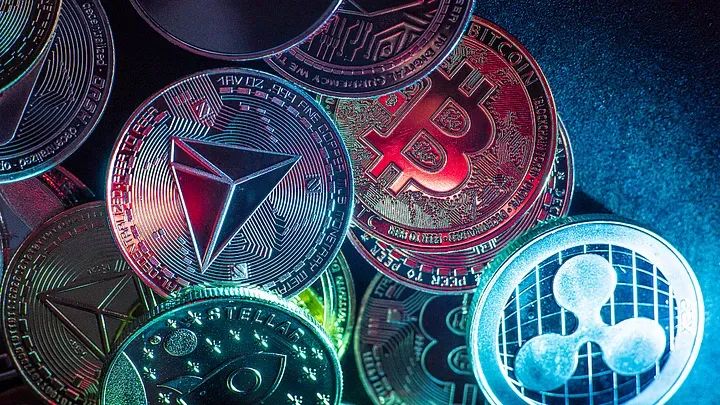
What Is The Difference Between Fungible And Non-Fungible Tokens?
Nov 26,2024 at 01:04pm
Fungible vs. Non-Fungible Tokens: A Comprehensive GuideIn the realm of blockchain technology, the concept of tokens lies at the core of many applications. Tokens represent digital assets that can be used to facilitate transactions, store value, or represent ownership. However, there exists a fundamental distinction between two types of tokens: fungible ...
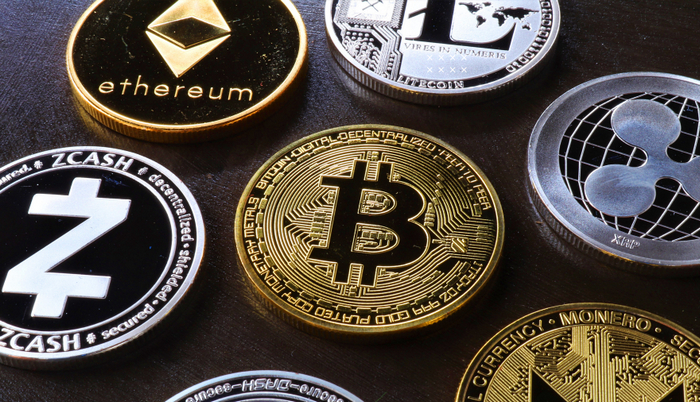
What is a Public Key Infrastructure?
Nov 23,2024 at 12:30am
What is a Public Key Infrastructure?IntroductionA Public Key Infrastructure (PKI) is a framework that enables secure communication over a network by managing digital certificates and public-key cryptography. PKI plays a crucial role in various blockchain applications, ensuring data integrity, authentication, and non-repudiation.Components of a PKIA PKI ...
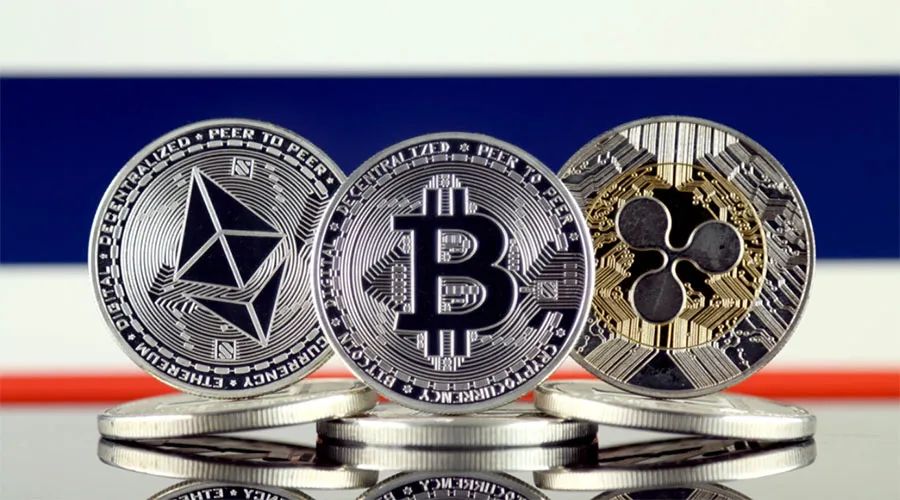
What is MEV (Miner Extractable Value)?
Nov 22,2024 at 06:22pm
What is Miner Extractable Value (MEV)?Introduction:Miner Extractable Value (MEV) is a term used to describe the profit that miners can make by manipulating the order of transactions in a block. This manipulation is possible because miners have the ability to choose the order in which transactions are included in a block, and they can use this power to f...
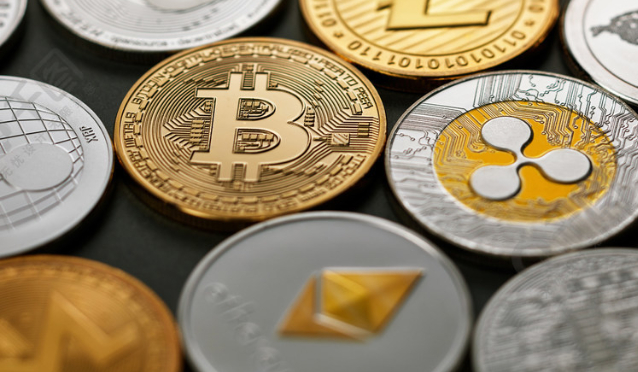
What is a Genesis Block?
Nov 24,2024 at 09:10pm
Decoding the Genesis Block: The Birth of BlockchainIntroductionThe Genesis block stands as the inaugural chapter in the blockchain saga, igniting the spark that revolutionized the world of finance and technology. This foundational block holds immense significance, embodying the inception of immutable ledgers, decentralized networks, and the transformati...
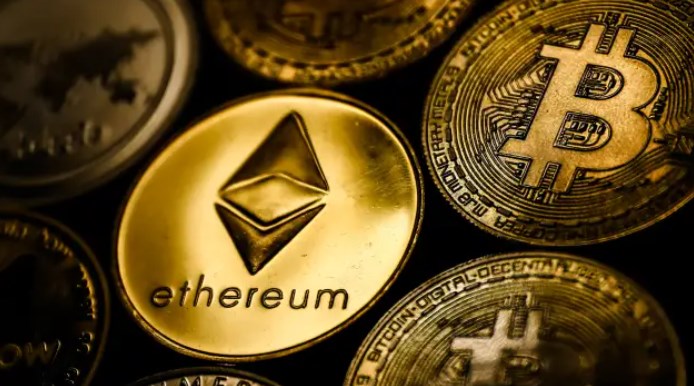
What Is an NFT Game?
Nov 26,2024 at 07:05am
What Is an NFT Game?Non-fungible tokens (NFTs) have taken the digital world by storm, empowering creators, collectors, and enthusiasts alike to own and trade unique digital assets. The integration of NFTs into the gaming industry has given rise to a captivating new realm known as NFT games, where players can not only enjoy immersive experiences but also...
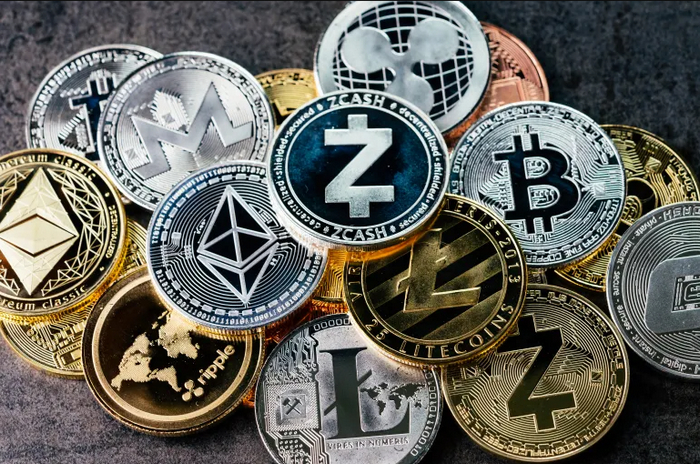
What Is an NFT Marketplace?
Nov 22,2024 at 07:43pm
What Is an NFT Marketplace?An NFT marketplace is a platform that facilitates the buying, selling, and trading of non-fungible tokens (NFTs). NFTs are unique digital assets that represent ownership of a specific item, such as a piece of art, music, video, or other collectible. NFT marketplaces allow users to create, list, and purchase NFTs, with transact...

What Is The Difference Between Fungible And Non-Fungible Tokens?
Nov 26,2024 at 01:04pm
Fungible vs. Non-Fungible Tokens: A Comprehensive GuideIn the realm of blockchain technology, the concept of tokens lies at the core of many applications. Tokens represent digital assets that can be used to facilitate transactions, store value, or represent ownership. However, there exists a fundamental distinction between two types of tokens: fungible ...

What is a Public Key Infrastructure?
Nov 23,2024 at 12:30am
What is a Public Key Infrastructure?IntroductionA Public Key Infrastructure (PKI) is a framework that enables secure communication over a network by managing digital certificates and public-key cryptography. PKI plays a crucial role in various blockchain applications, ensuring data integrity, authentication, and non-repudiation.Components of a PKIA PKI ...

What is MEV (Miner Extractable Value)?
Nov 22,2024 at 06:22pm
What is Miner Extractable Value (MEV)?Introduction:Miner Extractable Value (MEV) is a term used to describe the profit that miners can make by manipulating the order of transactions in a block. This manipulation is possible because miners have the ability to choose the order in which transactions are included in a block, and they can use this power to f...

What is a Genesis Block?
Nov 24,2024 at 09:10pm
Decoding the Genesis Block: The Birth of BlockchainIntroductionThe Genesis block stands as the inaugural chapter in the blockchain saga, igniting the spark that revolutionized the world of finance and technology. This foundational block holds immense significance, embodying the inception of immutable ledgers, decentralized networks, and the transformati...

What Is an NFT Game?
Nov 26,2024 at 07:05am
What Is an NFT Game?Non-fungible tokens (NFTs) have taken the digital world by storm, empowering creators, collectors, and enthusiasts alike to own and trade unique digital assets. The integration of NFTs into the gaming industry has given rise to a captivating new realm known as NFT games, where players can not only enjoy immersive experiences but also...

What Is an NFT Marketplace?
Nov 22,2024 at 07:43pm
What Is an NFT Marketplace?An NFT marketplace is a platform that facilitates the buying, selling, and trading of non-fungible tokens (NFTs). NFTs are unique digital assets that represent ownership of a specific item, such as a piece of art, music, video, or other collectible. NFT marketplaces allow users to create, list, and purchase NFTs, with transact...
See all articles




































